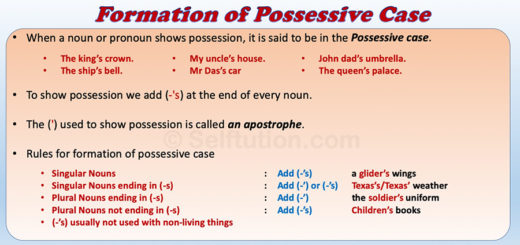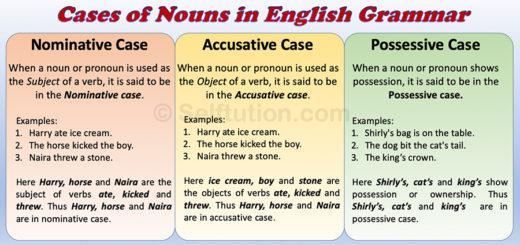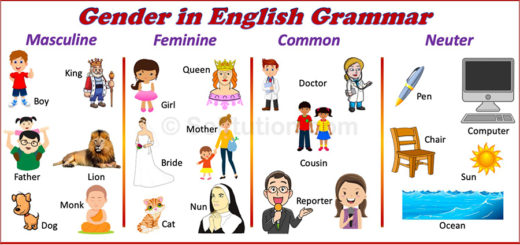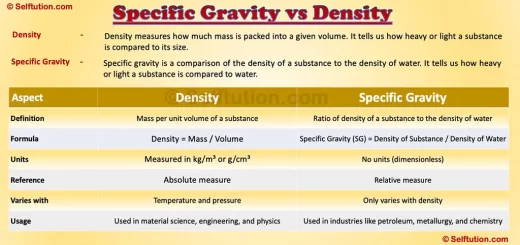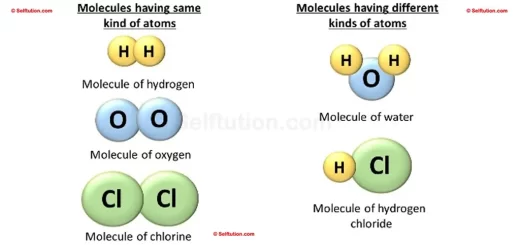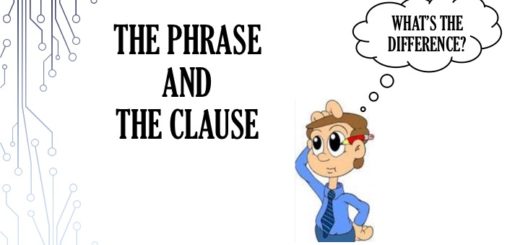Difference between Subject and Predicate with Examples
In each sentence, we need someone or something to talk about, and we must say or tell something about it. Therefore, a sentence consists of two parts: the subject and the predicate.
The subject often says who or what performs the action that the verb refers to.
- The subject is the first part of the sentence that names the person or thing we are speaking about.
- The predicate is the second part of the sentence that tells something about the subject.
Look at this sentence:
Akbar was a great king.
What is this sentence about? – Akbar. So, Akbar is the first part and the subject of the sentence. The second part says something about Akbar that ‘he was a great king‘, so it is the predicate.
A few more examples for a better understanding: Red – Subject, Blue – Predicate
- The beautiful rainbow soon faded away.
- He is a brave boy.
- This flower is very beautiful.
- A policeman appeared on the scene.
- Malacca is the oldest town in Malaysia.
PLACEMENT OF SUBJECT AND PREDICATE IN A SENTENCE
In sentences, the subject is usually placed before the predicate, but occasionally it is put after the predicate; as,
Ranjit stood in a corner of the room. (normal order)
In a corner of the room stood Ranjit. (order changed for emphasis)
Let us take one more example,
New Delhi is the capital of India. (normal order)
The capital of India is New Delhi. (order changed for emphasis)

Difference between Subject and Predicate
SUBJECT IN IMPERATIVE SENTENCES
In imperative sentences, the subject is always ‘you’, but it is left out. Take these two sentences:
In imperative sentences, the subject is always ‘you’, but it is implied and not stated.
Listen to classical music it is good for the mind.
Wait outside
These sentences mean –
You should listen to classical music, it is good for the mind.
You must wait outside.
SUBJECT AND PREDICATE IN INTERROGATIVE AND EXCLAMATORY SENTENCES
In questions and exclamations, the word order is slightly different and the subject comes after the predicate. So to find out the subject and predicate, it is also helpful to write these sentences as statements. For example,
To find the subject in a question of an exclamation, write the given sentence as a statement.
- Have they bought the books? (question)
To find the subject, we may write this sentence as
They have bought the books. (statement)
Now we can easily see that in the above sentence, the subject is ‘they’.
2. What a stupid answer she gave! (exclamation)
We may write this sentence as
She gave a stupid answer. (statement)
The subject is ‘she’.
DIFFERENCE BETWEEN SUBJECT AND PREDICATE
In conclusion, understanding the difference between the subject and predicate is essential for constructing clear and coherent sentences. The subject, which is the first part of the sentence, identifies the person or thing being discussed. On the other hand, the predicate, the second part of the sentence, provides information about the subject, such as what it does or what is said about it. In essence, the subject sets the stage by naming the focus of the sentence, while the predicate complements the subject by delivering details or actions associated with it. By recognizing and utilizing these two fundamental components, we can effectively convey our thoughts and ideas in writing and speech.
